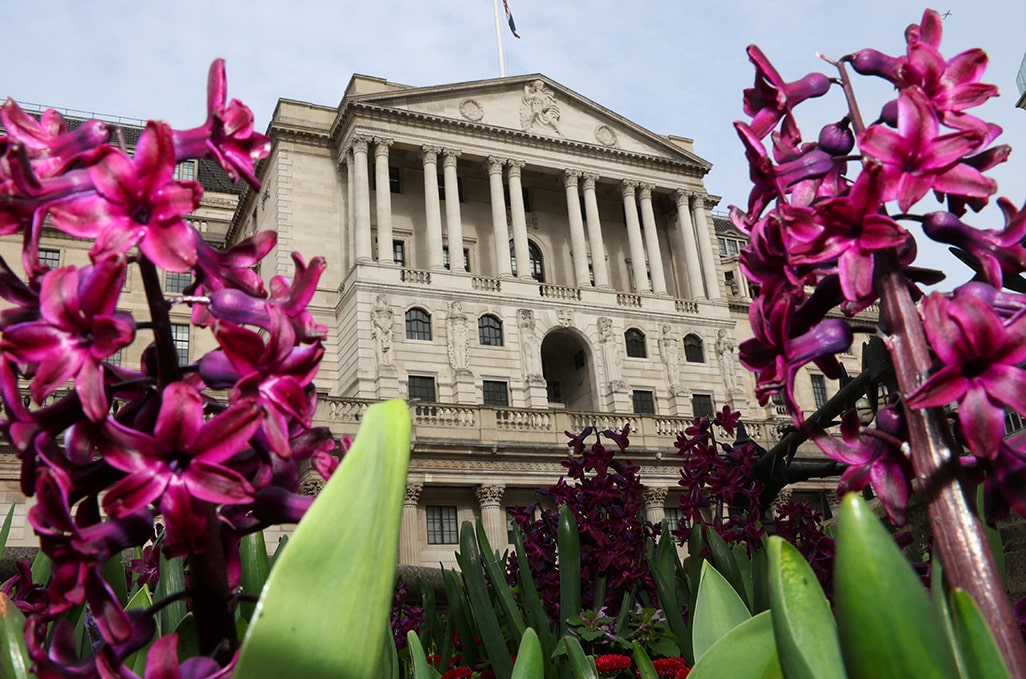Britain’s recent increase in inflation could prove to be a longer-lasting plateau rather than a short-term hump, and the Bank of England should be careful about reducing interest rates, BoE monetary policymaker Megan Greene said on Tuesday.
“I worry about the near-term profile for inflation this year, which in my view now resembles more of a ‘plateau’ than a ‘hump’,” Greene said in a speech at the National Institute of Economic and Social Research, a think tank.
British consumer price inflation was 3.4 per cent in May – well above its 2 per cent target – and the BoE last week forecast it would rise to 3.7 per cent by September and remain around 3.5 per cent for the rest of the year.
Greene, who voted to keep borrowing costs on hold at the most recent meeting of the BoE’s Monetary Policy Committee, said conflicting signals from economic data meant she was in no hurry to resume voting for rate cuts.
“Noisy data means that it will take longer for me to take comfort from recent disinflationary trends,” she said. “Given the period of elevated inflation through which we have just come, I think price stability is the key priority.”
Greene said the BoE’s message that it would take a “careful and gradual approach” to cutting rates was still warranted.
Economists polled by Reuters before last week’s meeting expected one quarter-point rate cut in August and another later in the year.
In her speech, Greene focused on changes to British money markets as BoE bond sales and banks’ repayment of COVID-era BoE finance drain excess reserves from the financial system.
The BoE wants banks to make greater usage of its weekly repos for seven-day and six-month funds, and Greene highlighted the possibility for commercial banks to profit from differences between the BoE’s and other central banks’ reserve systems.
“Financial arbitrage opportunities present incentives for banks to participate in our facilities, enhancing rather than undermining our ability to maintain rate control. This is a feature, not a bug,” she said.
The scale of these opportunities were “fairly limited”, she added. Asked what this meant in cash terms – and whether it represented an extra cost for the BoE – Greene said she could not give details and that her focus as an MPC member was on the effective transmission of BoE rate changes to financial markets.






Click here to change your cookie preferences